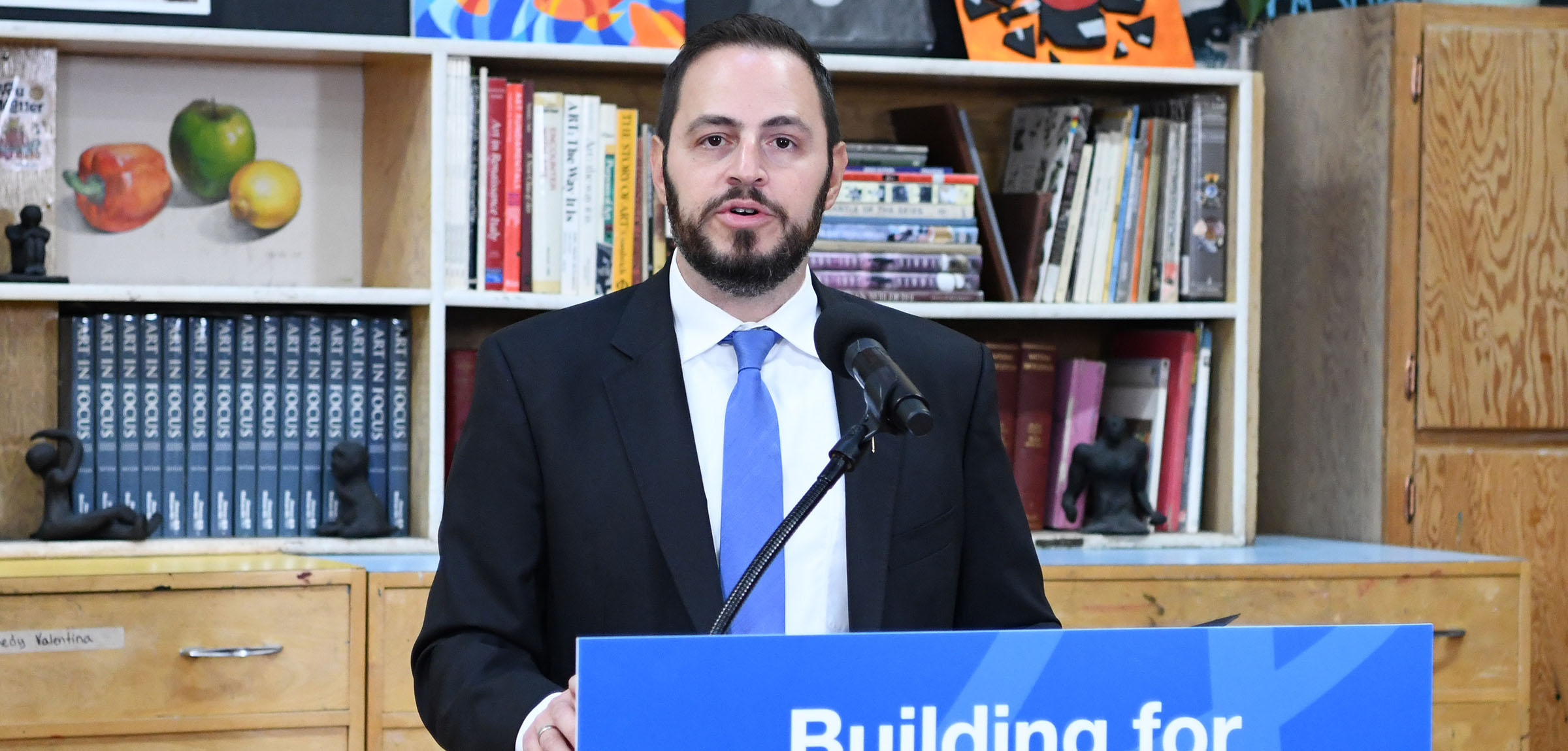Alberta’s legislature resumed for the fall sitting on October 28. Here is a summary of the education-related discussions that took place in question period from Oct. 28 to Dec. 5.
Sexual health education curriculum
Oct. 29 – Amanda Chapman (NDP–Calgary Beddington) questioned the need for the UCP’s proposed change from an opt-out to an opt-in model for Alberta’s sexual health curriculum, arguing that the current system works well for parents and that additional forms would be a burden, especially for non–English-speaking families. She asked Minister of Education Demetrios Nicolaides what issue the government was attempting to solve.
Nicolaides responded that the goal was to strengthen parental involvement, which he believes is essential for achieving the best educational outcomes. He assured that the government would collaborate with school divisions and partners to implement any changes.
Chapman cited research supporting sexual health education’s benefits, expressing concern that an opt-in model might stigmatize sexual health. Nicolaides denied politicizing sex education, reiterating the importance of parents as partners in education and challenging the NDP’s stance on parental involvement.
Chapman quoted parts of the curriculum, arguing that the proposed changes could hinder students’ access to essential health education. Nicolaides responded that the curriculum remains robust, and parents retain the final say on their child’s participation in sexual education. He stated that this parental right has long been part of Alberta’s system.
Transgender youth policy
Nov. 5 – Rakhi Pancholi (NDP–Edmonton-Whitemud) criticized Premier Danielle Smith for reversing her stance on policies concerning transgender youth, recalling a 2014 speech where the premier expressed deep concern over policies that forced parental notification, which, according to her, jeopardized the privacy, dignity and safety of transgender youth. Pancholi questioned if the premier now valued her political future over the lives of transgender kids.
Nicolaides responded by affirming the importance of parental involvement in decisions regarding a student’s preferred name or pronoun, emphasizing that the government’s approach aimed to include parents, educators and professionals in challenging conversations for the best outcomes for students. He assured that additional supports were available within the education system.
Pancholi then argued that policies under the UCP would cause children who change names or pronouns to face bureaucratic barriers, potentially leaving them feeling vulnerable and ashamed. She questioned the premier’s commitment to children’s safety and well-being, suggesting political motivations.
Nicolaides defended the paremier and the UCP’s commitment to children and called Pancholi’s comments unfounded. He stated that the government’s legislation aimed to ensure parental involvement in children’s significant decisions, arguing that collaboration among parents, educators and professionals yields the best results.
Funding for complex classrooms
Nov. 19 – Julie Hayter (NDP–Calgary Edgemont) raised concerns about overcrowded and complex classrooms, noting that Alberta’s Commission on Learning recommended smaller class sizes. She highlighted cases in her riding where classrooms exceed recommendations and lack educational assistants, questioning why the minister had failed to address staffing shortages. Nicolaides responded by emphasizing the government’s $8.5 billion investment in building and modernizing schools to improve learning environments.
Hayter shifted focus to staffing rather than infrastructure, sharing stories of families struggling without proper supports, including a child who was high-needs coded but without an educational assistant. She pressed Nicolaides on supporting Bill 208. Nicolaides reiterated the government’s commitment to young learners, citing new literacy and numeracy screening initiatives, which he claimed were well-received by advocacy groups.
Hayter further highlighted the low wages of educational assistants, mostly women, earning below a living wage, and urged the government to increase their pay as a sign of respect for their essential work.
Nicolaides responded by acknowledging the contributions of education staff but pivoted to criticize the opposition for past governance issues, claiming the current government has reversed negative trends and fostered growth.❚



